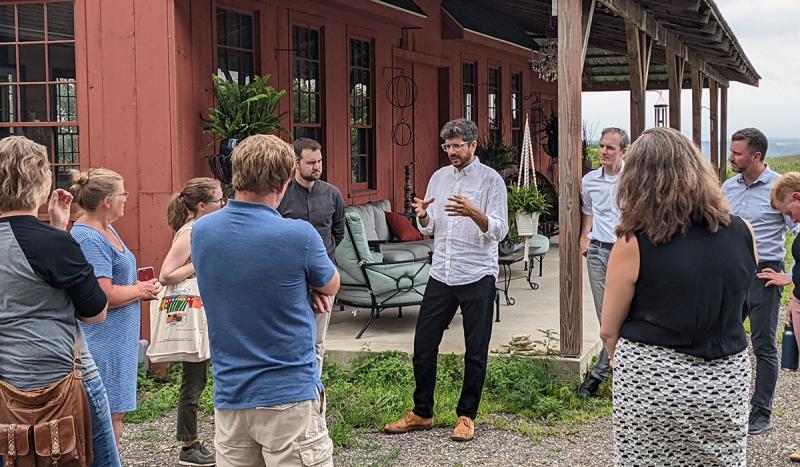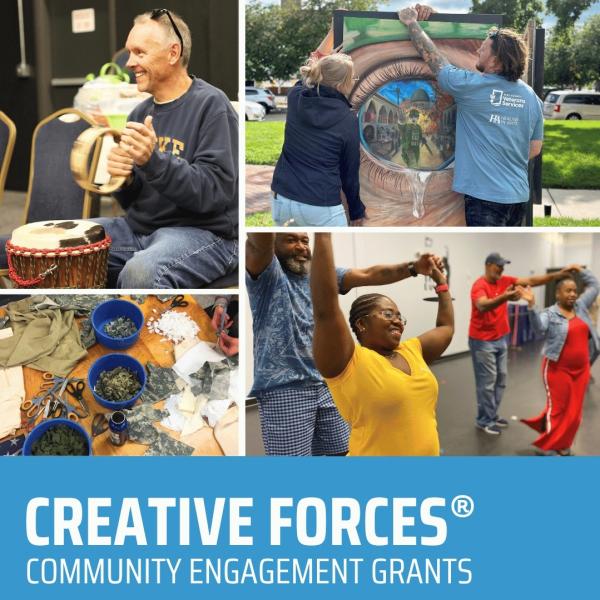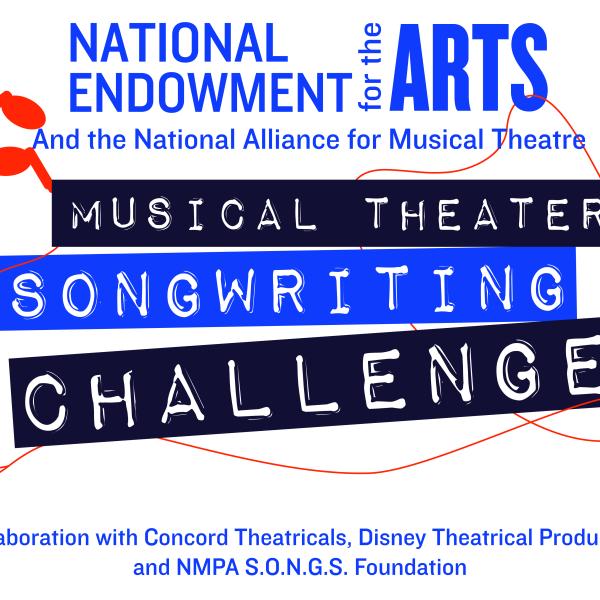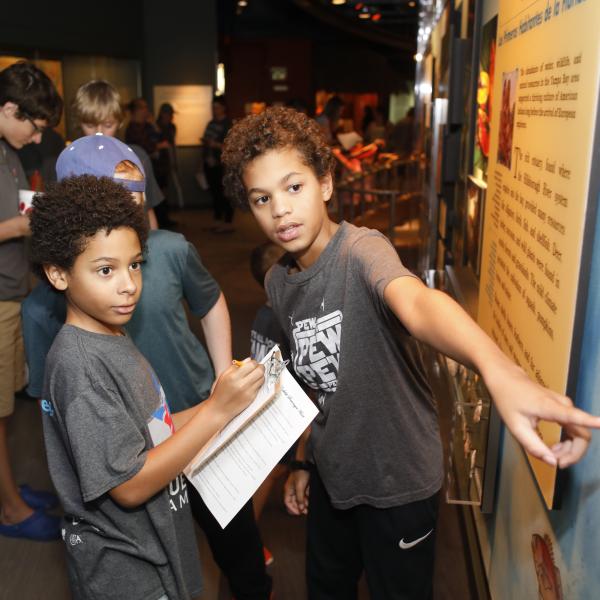Resources Available to Strengthen Rural Communities through Design and Planning Strategies

Community members meet with CIRD team members to discuss design ideas for new multifunctional arts and cultural spaces in Spring Grove, Minnesota. Photo by Stephen Sugg
Release updated with new May 1st deadline
Washington, DC—Every two years, the National Endowment for the Arts seeks rural communities of 50,000 people or less to apply for the Citizens’ Institute on Rural Design (CIRD) program. With over 30 years of leadership in rural design, CIRD is perfect for creative, community-oriented rural leaders seeking to enhance the quality of life and economic vitality in their communities. Selected applicants emerge from CIRD programs with greater capacity and a wealth of resources to lead their community through current and future design challenges.
“Access to design ideas and support for creative placemaking practices through the Citizens’ Institute on Rural Design help set communities on a path towards achieving their visions,” said Jennifer Hughes, NEA’s Senior Advisor to the Chair on Partnerships, Expansion, and Innovation. “I’m inspired by the eager and agile leaders across rural America whose participation in the program shows energy and commitment to bold visions for their community’s future.”
Well-designed rural communities are places where people want to live and invest in the future. Each community knows their needs best. From small projects like murals or pocket parks to larger initiatives like creating a downtown revitalization district, the community guides the notion of good design. Design strategies may include:
- Historic preservation and adaptive reuse of community buildings
- Designing quality affordable housing that supports livable, equitable communities
- Creating public or civic spaces that support and integrate cultural expression and local identity
- Developing recreational trails for mobility, active transportation, and economic development
- Designing spaces and places that improve access to healthy food and local food systems
- Integrating cultural identity into the built environment to drive heritage tourism
There are two opportunities to choose from:
Local Design Workshops
At least four communities will be selected to do a deep dive into a pressing design challenge that is impacting their community. With support from a wide range of design, planning, and creative placemaking professionals, workshops help small towns and rural and tribal communities develop actionable solutions to specific design challenges. Following the workshop, each community receives a customized design book and action plan created by the CIRD resource team that includes project-specific design and planning recommendations. Read about past workshops.
Design Learning Cohort
At least 15 communities will be selected to participate in virtual training in design, planning, community engagement, and facilitation techniques. Resources will include technical assistance, one-on-one coaching, and optional in-person convenings. There will also be tailored opportunities for active peer learning to share best practices and experiences. Each community will receive support in navigating funding opportunities to make their vision a reality. Read about the Design Learning Cohort.
Applicants must:
- Be part of a rural or tribal community of 50,000 or less, that is rural in character
- Identify a specific design challenge to address through the CIRD program
- Be able to participate in CIRD as indicated in Participation Expectations described in the Request for Applications
- If selected for a workshop, plan the workshop with CIRD staff during the designated period of programming
Details about the program goals, eligibility, benefits, expectations, and a preview of all the application questions can be found in the Request for Applications. You can also go directly to the application in Survey Monkey: https://www.surveymonkey.com/r/cird2023
Important Dates:
Wednesday, March 22, 2023—Informational Webinar. Registration is required.
Tuesday, April 11, 2023, 12:00-5:00pm ET—Virtual Office Hours (copy this link to your calendar)
Monday, May 1, 2023, 11:59pm ET—Application closes
Successful applicants will be notified in late May 2023 and CIRD Cohort Kickoff Meeting will be on June 21, 2023. Project activities will take place between June 2023 and December 2024.
For questions, please contact cird@ruralhome.org.
About Citizens’ Institute on Rural Design
The Citizens’ Institute on Rural Design (CIRD) is a leadership initiative of the National Endowment for the Arts in partnership with the Housing Assistance Council. The program has design support from To Be Done Studio. Focusing on communities with populations of 50,000 or less, CIRD’s goal is to enhance the quality of life and economic vitality of rural America through planning, design, and creative placemaking.
National Endowment for the Arts
Established by Congress in 1965, the National Endowment for the Arts is the independent federal agency whose funding and support gives Americans the opportunity to participate in the arts, exercise their imaginations, and develop their creative capacities. Through partnerships with state arts agencies, local leaders, other federal agencies, and the philanthropic sector, the Arts Endowment supports arts learning, affirms and celebrates America’s rich and diverse cultural heritage, and extends its work to promote equal access to the arts in every community across America. To learn more, visit arts.gov or follow us on Twitter, Facebook, Instagram, and YouTube.
Housing Assistance Council (HAC) is a national nonprofit that helps rural communities build a better future. Based in Washington, D.C., HAC provides below-market financing, capacity building, research and information, and policy formulation to support affordable housing and community development across rural America. For more information, visit www.ruralhome.org.
TBD (To Be Done Studio) harnesses the inherent goodness in people and the power of design to create sustainable solutions to the endemic problems that our world faces. We seek a relevant practice, one which is accessible to all rather than the few. To do so, we design and build spaces that uplift, inspire and support power within the communities we work. For more information, visit http://tbd-studio.org.
Contact
CIRD: Dan Stern
cird@ruralhome.org
NEA: Allison Hill
hilla@arts.gov




